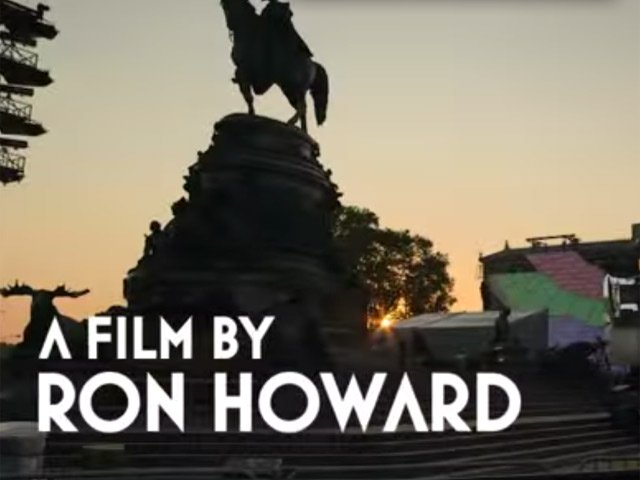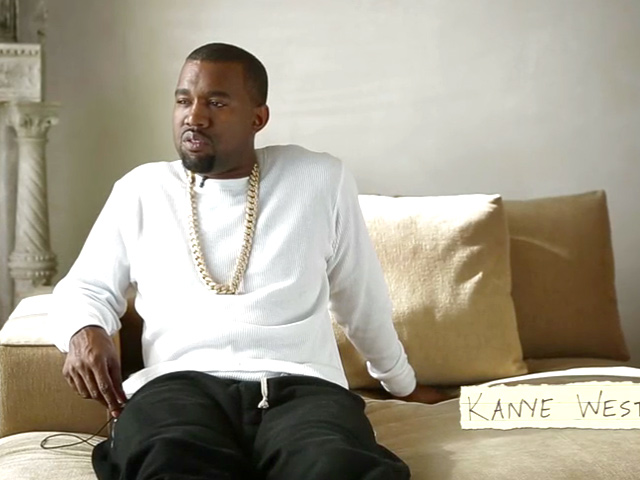Tyler The Creator Speaks Out On UK Ban
By Stephanie Chase in Music / Festivals on 01 September 2015
The rapper was denied entry to Britain on August 26th.
Rapper Tyler The Creator has spoken out after he was denied entry to the UK last week over song lyrics which he had penned as his alter-ego. The rapper, real name Tyler Gregory Okonma, told The Guardian he had been treated “like a terrorist” after being handed a three to five-year ban by the Home Office.
 Tyler the Creator has been banned from entering the UK.
Tyler the Creator has been banned from entering the UK.
When Okonma tried to enter Britain on August 26th he was told he would not be able to enter the country for three to five years, with the Home Office claiming his presence would “not be conducive to the public good”.
The government papers handed to Okonma explaining why he was denied entry went on to say that “The home secretary has reached this decision because you have brought yourself within the scope of the list of unacceptable behaviour by making statements that may foster hatred, which might lead to inter-community violence in the UK.”
More: Tyler, The Creator Says He's Banned From Entering The UK For "3-5 Years”
The letter went on to state that “Your albums Bastard, in 2009, and Goblin, in 2011, are based on the premise of your adopting a mentally unstable alter ego who describes violent physical abuse, rape and murder in graphic terms which appears to glamourise this behaviour.”
After he was handed the ban the rapper tweeted, ‘BASED ON LYRICS FROM 2009 I AM NOT ALLOWED IN THE UK FOR 3-5 YEARS ( although i was there 8 weeks ago) THAT IS WHY THE SHOWS WERE CANCELLED.’
“I’m getting treated like a terrorist,” Okonma told the Guardian today, in his first interview since the incident. Adding that the denial of entry was “based on things I made when I was super-young, when no one was listening.”
More: Kendall Jenner Parties With The V.I.P.s At Coachella, Before Being Called Out By Tyler The Creator
“So the argument is right there! This song is written from an alter ego – I’m not like this! You could watch any interview and see my personality, see the guy I am. I wouldn’t hurt a fly,” he added.
While the Home Office won't comment on individual cases, a spokesperson said in a statement that "coming to the UK is a privilege, and we expect those who come here to respect our shared values."
Contactmusic
Movies and Trailers

Made In America Trailer
Made in America Festival is an annual music event founded by rapper and businessman Jay-Z...

Our Vinyl Weighs A Ton Trailer
DJ Peanut Butter Wolf set up independent LA label Stones Throw Records in 1996 and...










